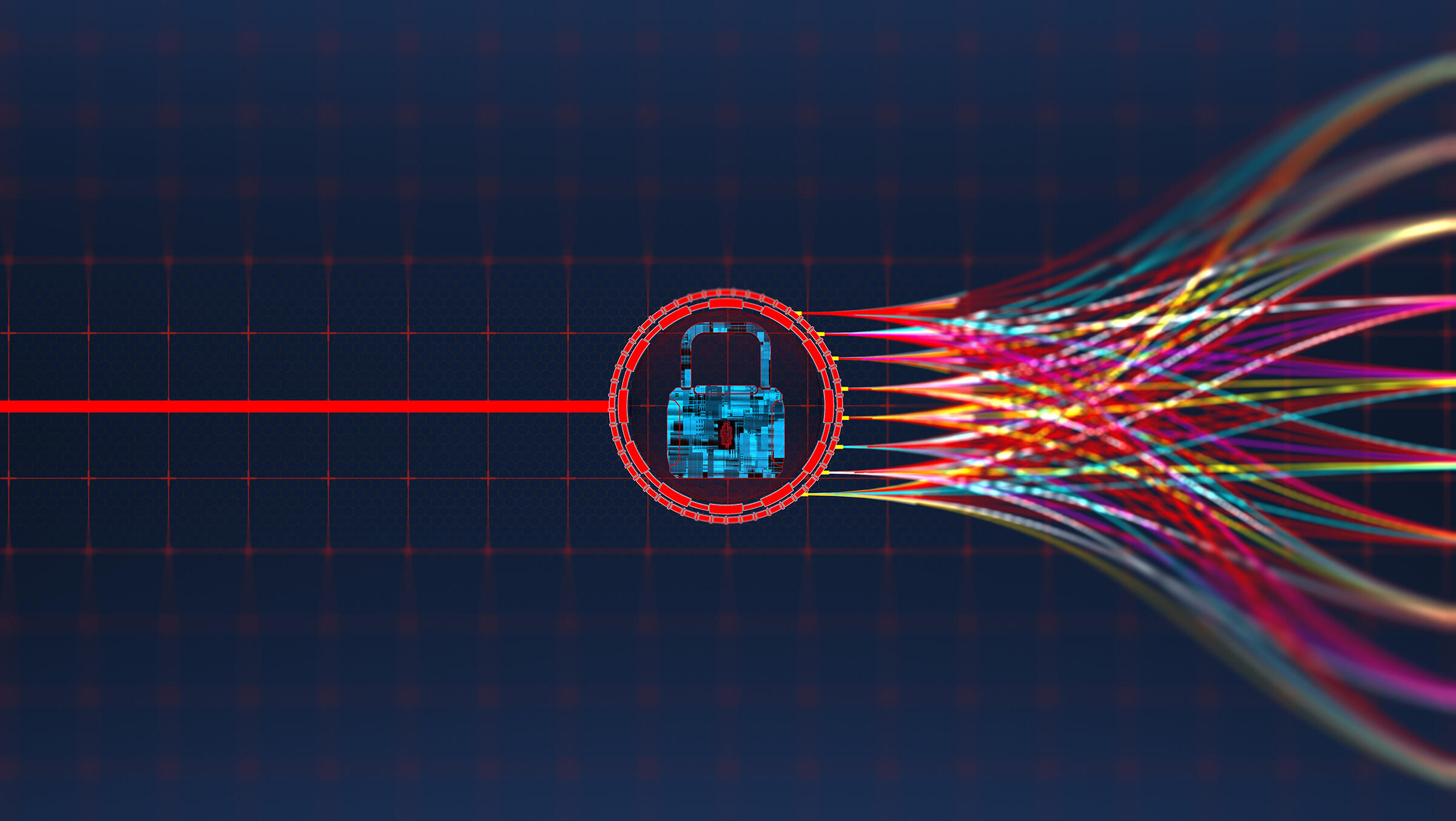New Jersey Appellate Division Compels Discovery of Source Code of Software Used by Forensic Expert
On February 3, 2021, the New Jersey Appellate Division compelled discovery of the source code of software used by a forensic expert in a criminal case, State v. Pickett, a decision that could potentially have significant implications for biotechnology companies whose software may be used by experts in the course of forensic analysis.[1]
In the ever evolving era of technology, courts are often required to balance the constitutional liberties of individuals against corporation’s intellectual property rights. In Pickett, the State sought to proffer expert testimony regarding genetic analysis conducted using probabilistic genotyping software. The defendant sought discovery of source code of the software used by the expert in his analysis, the intellectual property rights to which were held by the private corporation that produced it, for the sole purpose of challenging reliability of the science underlying the expert’s proffered testimony and conclusions at a Frye[2] hearing. At the hearing, the State produced an expert who relied on his company's complex probabilistic genotyping software program to testify that defendant's DNA was present, thereby connecting defendant to a murder and other crimes. Before cross-examination of the expert, the judge denied defendant access to the trade secrets, which include the software's source code and related documentation.
The Appellate Division reversed the trial judge’s decision on the basis that access to the source code is necessary to determine the reliability of the novel DNA analysis software and “the defense expert's access to the proprietary information is directly relevant to … the determination of whether the evidentiary software operates as intended.” Therefore, the "defendant is entitled to access, under an appropriate protective order, to the software's source code and supporting software development and related documentation—including that pertaining to testing, design, bug reporting, change logs, and program requirements—to challenge the reliability of the software and science underlying that expert's testimony at a Frye hearing, provided defendant first satisfies the burden of demonstrating a particularized need for such discovery."[3]
The Appellate Division explained that “hiding the code is not the answer” because without access to the proprietary information, the “defendant is relegated to blindly accepting the company's assertions as to its [software’s] reliability.” The court further emphasized that denying access to the proprietary information would prohibit the judge from reaching an “informed reliability determination at the Frye hearing as part of [his, her, or their] gatekeeping function.” Therefore, companies that produce software used by proffered state experts for such analysis must produce the software code and information under a protective order. This decision follows the New Jersey Supreme Court’s 2008 holding that a breathalyzer manufacturer was required to disclose its propriety code for review by a defendant charged with drunken driving based on breathalyzer test results.[4]
Therefore, software companies, especially those in the biotechnology sector whose software could potentially be used in forensic analysis since those companies must be aware of the fact that if a State proffered expert uses their software to reach conclusions in criminal cases, their source code could become discoverable by defendants and their attorneys albeit subject to a protective order.
[1] State v. Pickett, 2021 WL 357765 (N.J. App. Div. Feb. 3, 2021).
[2] New Jersey continues to use the Frye standard to determine the admissibility of an expert's scientific testimony. Frye v. United States, 293 F. 1013 (D.C. Cir. 1923). The majority of other states have adopted the Daubert v. Merrell Dow Pharms., Inc., 509 U.S. 579 (1993)., which governs the admissibility of scientific expert testimony in federal court Under Daubert, trial judges perform a “preliminary assessment of whether the reasoning or methodology underlying the testimony is scientifically valid” and “whether that reasoning or methodology properly can be applied to the facts in issue.” Id. at 592-93. And under Daubert, general acceptance can still “have a bearing on the inquiry” but “is not a necessary precondition” to admissibility. Id. at 594, 597.
[3] State v. Pickett, 2021 WL 357765 (N.J. App. Div. Feb. 3, 2021).
[4] State v. Chun, 194 N.J. 54, 64, 66, 68-70 (2008)
